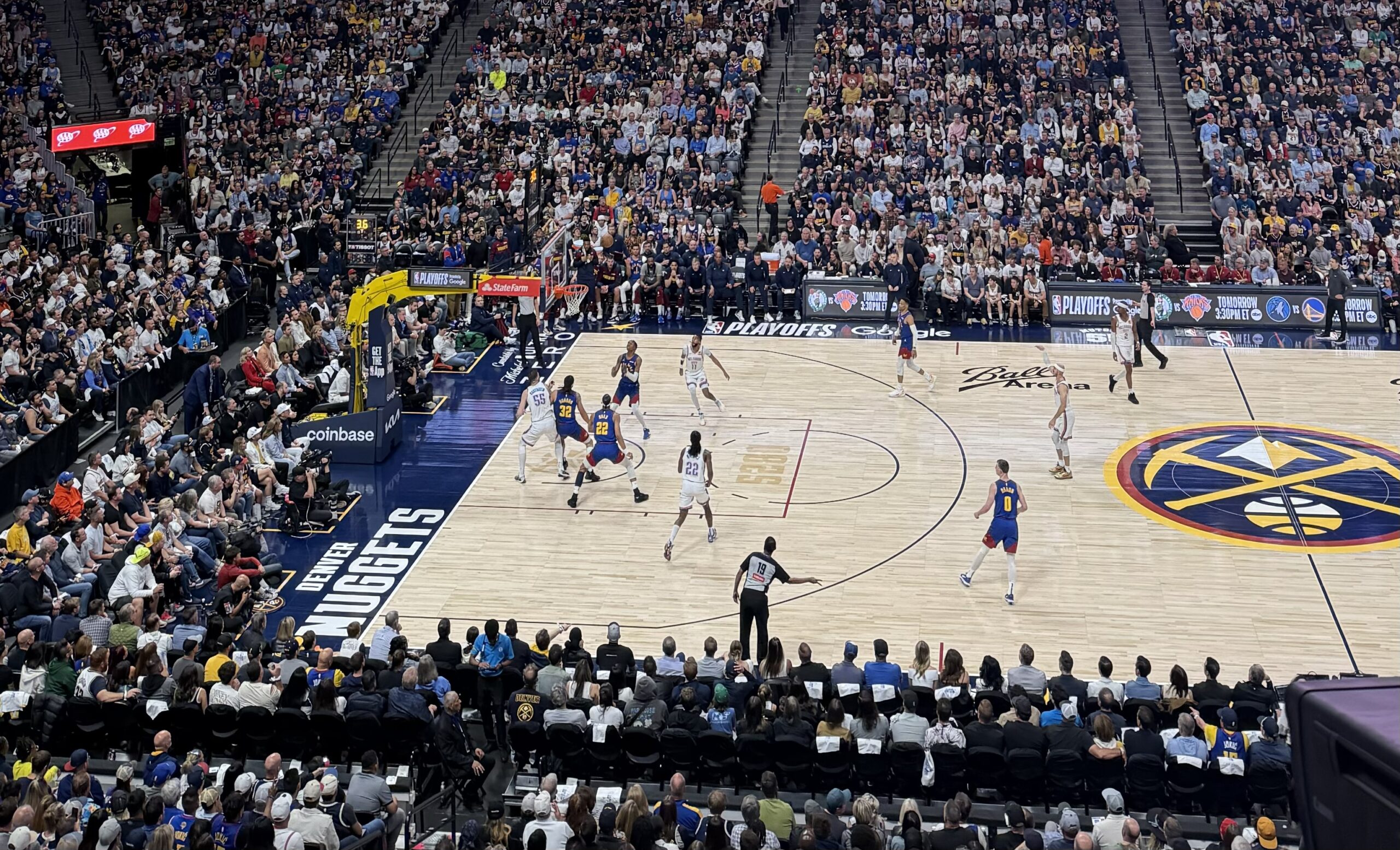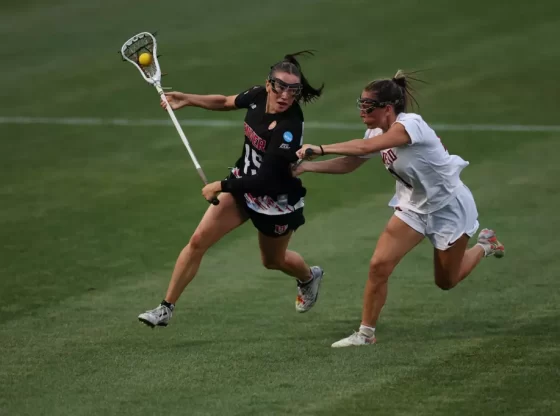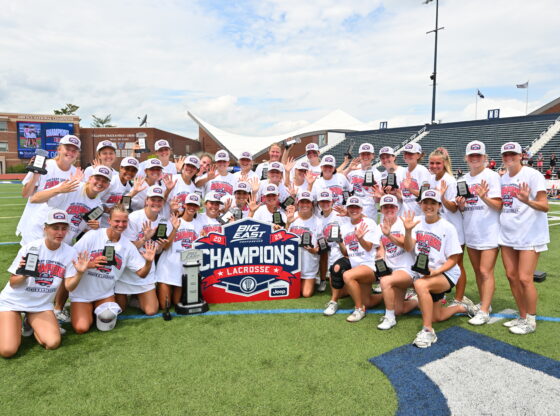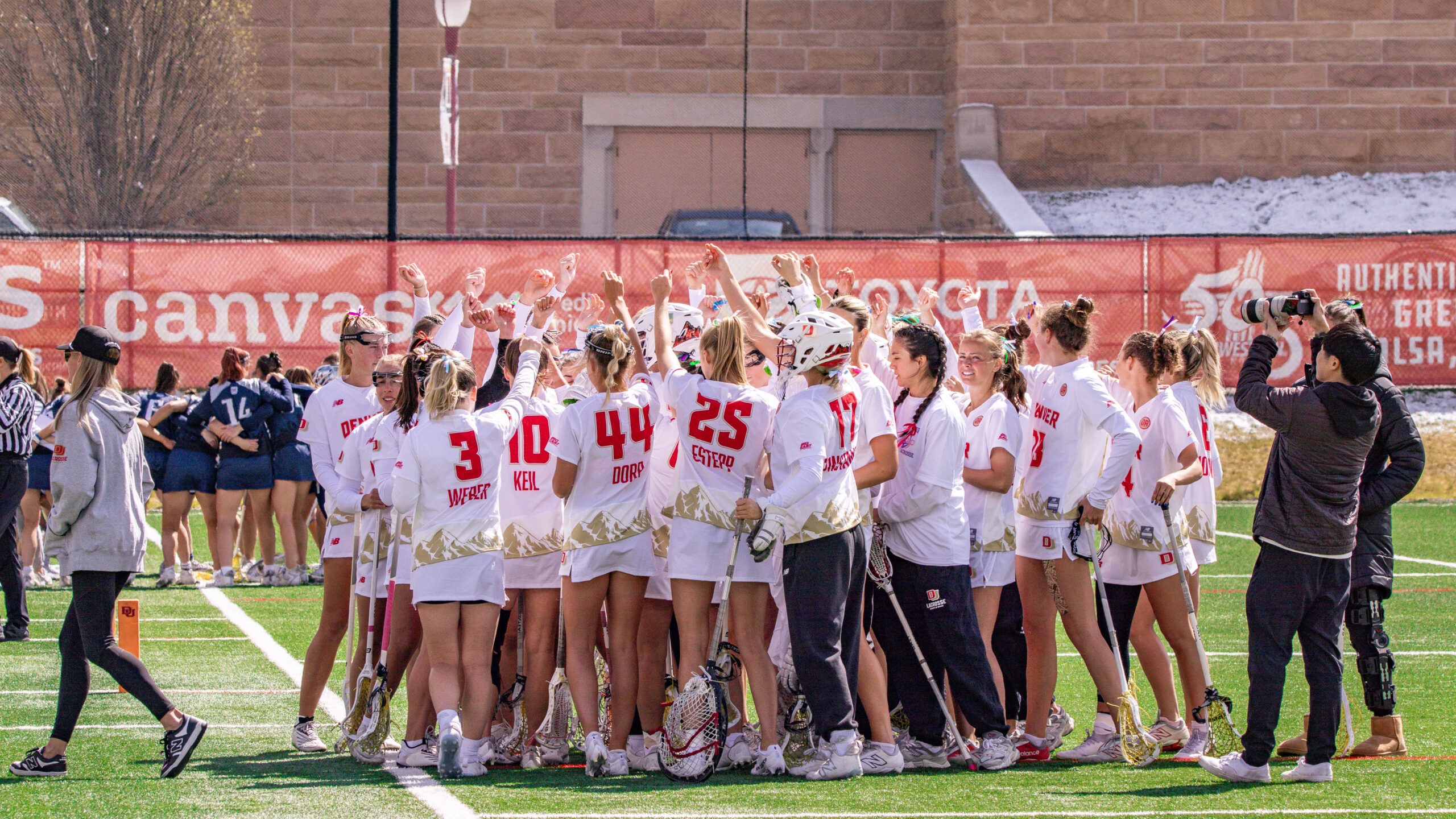The World Junior Hockey Championship is one of the biggest junior hockey tournaments in the entire world. It is put on by the International Ice Hockey Federation (IIHF) and is comprised of the best under-20 hockey players from their respective countries.
Every year, the tournament starts the day after Christmas on Dec. 26. The tournament has 10 teams, which are divided into two pools.
In this year’s tournament, Pool A had the United States, Finland, Canada, Latvia and Germany. Pool B had Sweden, Czechia, Slovakia, Switzerland, and, for the first time since 2020, Kazakhstan — which was promoted to this year’s tournament after Norway was relegated in last year’s tournament.
The unique aspect of all IIHF tournaments is the different places across the world where the tournaments are played. This year’s tournament was held in Ottawa, Canada.
Heading into the tournament, Sweden, Canada and the United States were heavy favorites to win. In these short tournaments, team selection is very important, and bringing the best players that are available is a common theme in recent years.
For Canada, there was controversy on the team selection. They left out a multitude of players from the 2024 NHL Draft and instead took older players who had more “chemistry” instead of the best players that were available for the country.
This included the best scorer in the entire Canadian Hockey League, which is Canada’s best junior league, Michael Misa. Misa has 72 points in 32 games played with 35 goals playing for the Saginaw Spirit.
In Pool A, the United States won the pool going 3-0-1, with an overtime loss to Finland in their third game. Second place went to Finland going 2-1-1, after losing to Canada on the first day of the tournament. Canada got third place, which is an unfamiliar spot for the country that always finished at the top of their pool with ease just about every year. Fourth place was one of the tournament fan-favorites, Latvia, going 0-2-0-2 and having two OT/shootout wins and two losses. Finishing last in pool A was Germany who went winless in the tournament.
What could’ve possibly been the biggest upset in World Juniors history was Latvia beating Canada in a shootout on Dec. 27. Latvia has only won six games in their entire existence in the top division of the World Juniors and beat the best World Juniors nation in the world, Canada.
Latvia, a small country in Northeastern Europe near the Russian Border has been trending recently in the hockey world. The country only has a population of 1.8 million people, whereas the biggest city in Canada, Toronto, has 3.1 million people.
Canada had a 1-0 lead for the majority of the game until Latvia tied it 1-1 early in the third period. Canada would score late in the third to make it 2-1, but Latvia tied the game with just two-and-a-half minutes to go.
This would send the game to overtime where Canada severely outmatched Latvia with its speed and skill. Still, Latvia was able to stay alive and send the game to a shootout.
Canada played their backup goalie Jack Ivankovic, while Latvia’s goaltender, Linards Feldbergs, was the star of the tournament. The shootout would go eight rounds, and Latvia’s captain, Eriks Mateiko, was the hero, scoring the game-winning shootout goal, while goaltender Feldbergs went eight-for-eight, stopping all Canadian shooters to give them the win.
In the game, Feldbergs made 53 saves on 54 shots doing everything to do the impossible and beat Canada at home to deliver what could have been the biggest upset in tournament history.
The quarter-finals brought more drama with the matchups betting the United States vs. Switzerland, Sweden vs. Latvia, Finland vs. Slovakia and Canada vs. Czechia.
All eyes were on the Canada vs. Czechia game as this was the same quarterfinal matchup as last year’s tournament when Czechia beat Canada to knock them out.
And, once again, Czechia knocked out Canada for the second year in a row, winning 4-3, thanks to Canada taking a kneeing penalty late in the game and Czechia scoring with 43 seconds left to send them to the semifinals.
The United States took care of Switzerland beating them handily 7-2, Sweden held off Latvia 3-2 and Finland beat Slovakia 5-3.
This would set the stage for the semi-finals: United States vs. Czechia, and a rivalry as old as time, Sweden vs. Finland. These two countries are notoriously known to hate each other in hockey and always give everyone an entertaining battle.
Sweden vs. Finland was the first game of the semi-final matchups. Sweden was one of the tournament favorites due to a deep roster, but an underestimated Finland team wanted to prove they deserved to be there. The game went to overtime where Finland would shock Sweden and beat them 4-3 in overtime and send them to the gold medal game.
This loss to Finland has led Sweden to have one of the worst gold medal records. The Swedes have one gold medal in the World Juniors in the last fifteen years, though they’ve made the medal round 11 times.
The second semi-final game between the United States and Czechia was a hard-fought game as Czechia had grown vastly in competition at the World Juniors. Though it was a tough battle for both teams, the United States came alive in the third period and beat the Czechs 4-1, sending them to the gold medal game for a chance to repeat winning World Junior’s back-to-back for the first time in program history.
But first, the bronze medal game between Sweden and Czechia. Czechia would win a thriller in what was the longest shootout in World Juniors history at 14 rounds. Czechia hero, Eduard Sale, scored both goals for Czechia to give them back-to-back bronze medals for the first time in Czech history.
This would set the stage for the gold medal game between the United States and Finland. The Fins put the United States on their heels early in the game scoring two goals, but the U.S. kept themselves within reach at 2-1 after the first period.
The Fins potted a goal early in the second period to make it a 3-1 lead. But, the momentum would change when the United States got a lucky bounce off a Finnish defenseman and brought the game right back in reach within one. The United States got themselves back into the game and scored a little over two minutes later to tie the game at 3-3. The game would stay tied until overtime.
Eight minutes into overtime, Boston College’s Teddy Stiga got a diagonal pass from DU’s own Zeev Buium and he slid the puck between the Finnish goaltender Petteri Rimpinen to score on his first shot on goal in the entire tournament.
The United States won their seventh medal and back-to-back gold medals for the first time in U.S. World Juniors history.










